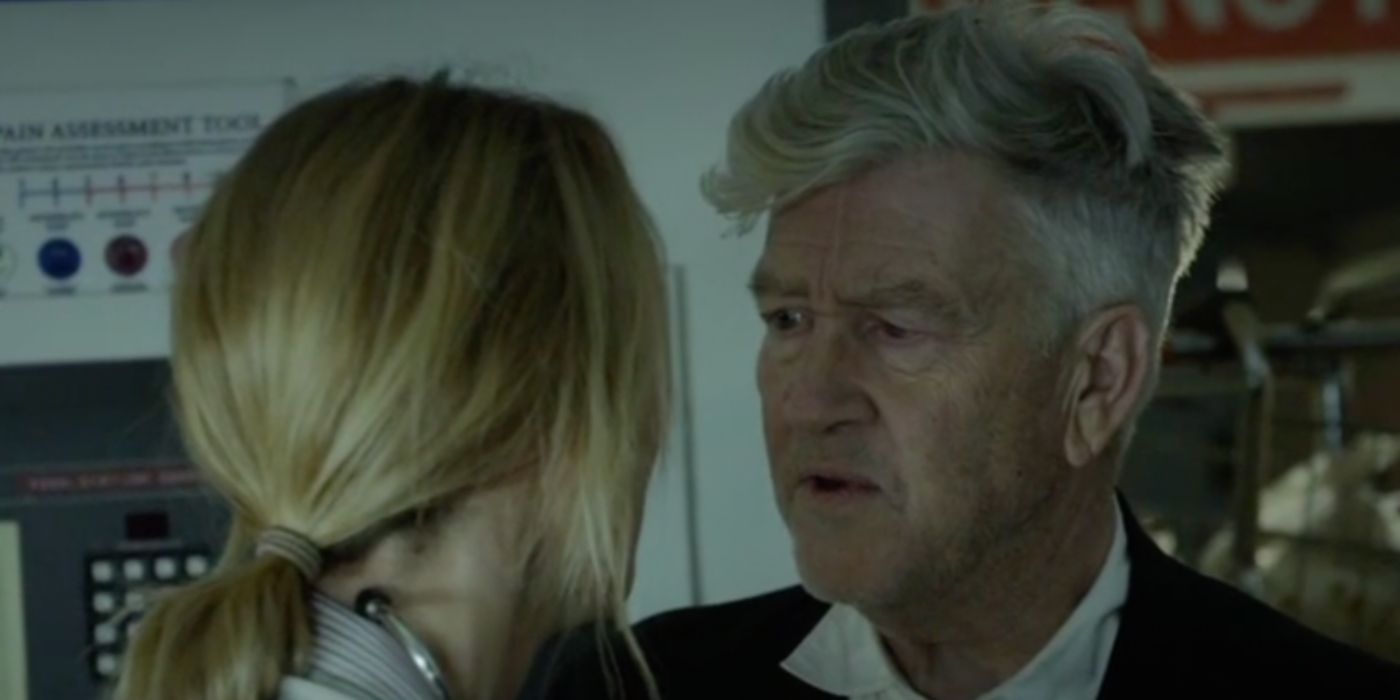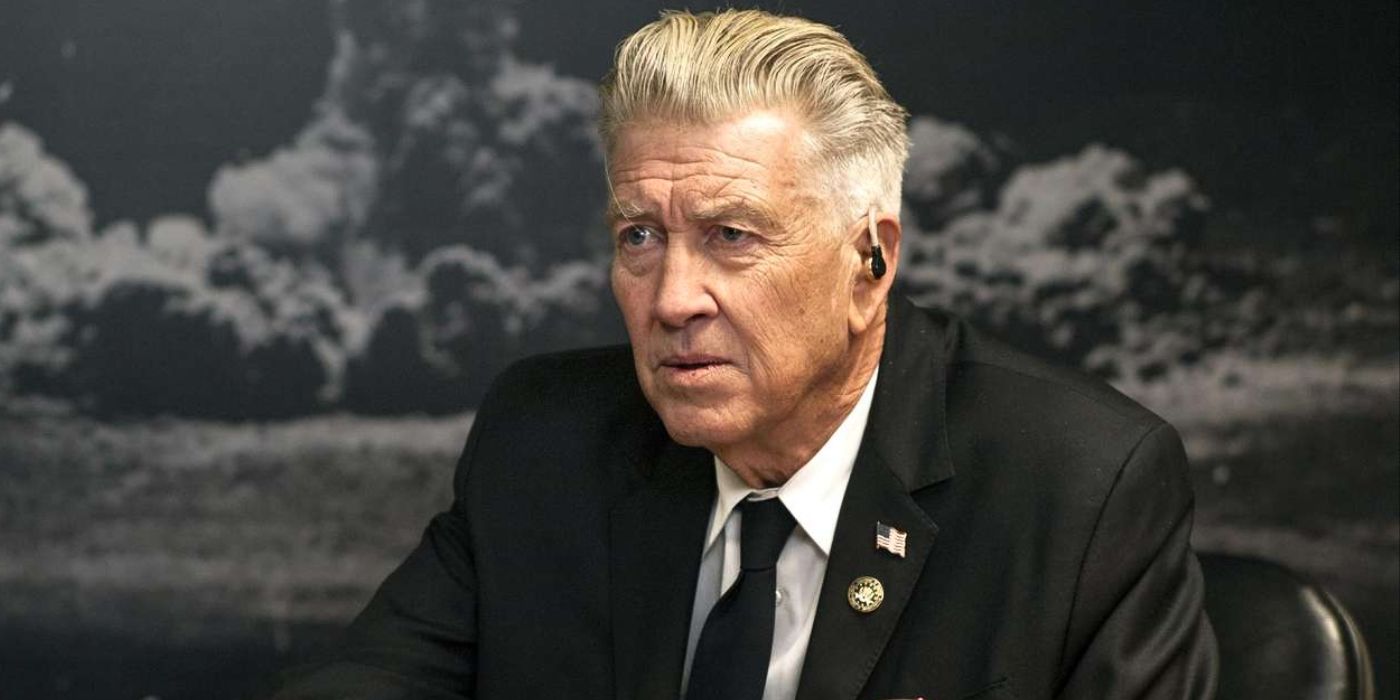While David Lynch never directed another feature film after the 2006 release of Inland Empire, he nevertheless remained quite busy over the last 19 years of his life. The biggest and most famous project from this era was the long-awaited third season of Twin Peaks (from Showtime in 2017), for which Lynch directed and co-wrote every episode. But most of Lynch’s artistic output during this post-movie period saw him branch out into mediums outside of film and television, including music, painting, writing, and even YouTube. Furthermore, Lynch directed a number of short films, music videos, and TV commercials, often in collaboration with other artists and organizations.
Nor did Lynch ever stop trying to get another feature film or serialized TV series off the ground. Even just five months before his death, he steadfastly promised in a post onTwitter/X that he would “never retire,” despite his recent emphysema diagnosis rendering him unable to leave his house.
The Many Talents of David Lynch
Given that Lynch began his artistic career as an aspiring painter, it should come as no surprise that, even as he turned to directing films, he still found the time to pursue his first passion. Much like his films, Lynch’s paintings often feature surrealist and sometimes violent imagery. In his 2005 book Lynch on Lynch, he described his paintings as “organic, violent comedies” that are “violently done and primitive and crude,” while explaining that he avoids color because “it’s limiting [and] doesn’t allow too much of a dream.” His artwork has been displayed in dozens of exhibitions all over the world since 2007, including in Munich, Paris, London, New York, Los Angeles, and, most recently, Copenhagen.
Lynch also had a prolific musical career, beginning in the ’90s with his close collaborations with Angelo Badalamenti and Julee Cruise, and then worked with many other musicians. He released solo studio albums, Big Clown Time (2011) and The Big Dream (2013), as well as several stand-alone singles and collaborative albums after Inland Empire. In fact, Lynch produced both of his albums and several of his singles in collaboration with Inland Empire’s sound designer, Dean Hurley, with Lynch himself writing most of the lyrics and singing many of the tracks.
His musical output was characterized by heavy experimentation, often combining blues, industrial ambiance, and electropop to create strange and ominous music that often sounded straight out of his own films’ soundtracks. Lynch also collaborated with numerous musicians and bands for both his own musical projects and others, including David Bowie, Trent Reznor and Nine Inch Nails, Karen O, Lykke Li, Bastille, Danger Mouse, The Strokes, The Shins, Sparklehorse, Flying Lotus, Donovan, and Chrystabell (who also had an acting role in Twin Peaks: The Return).
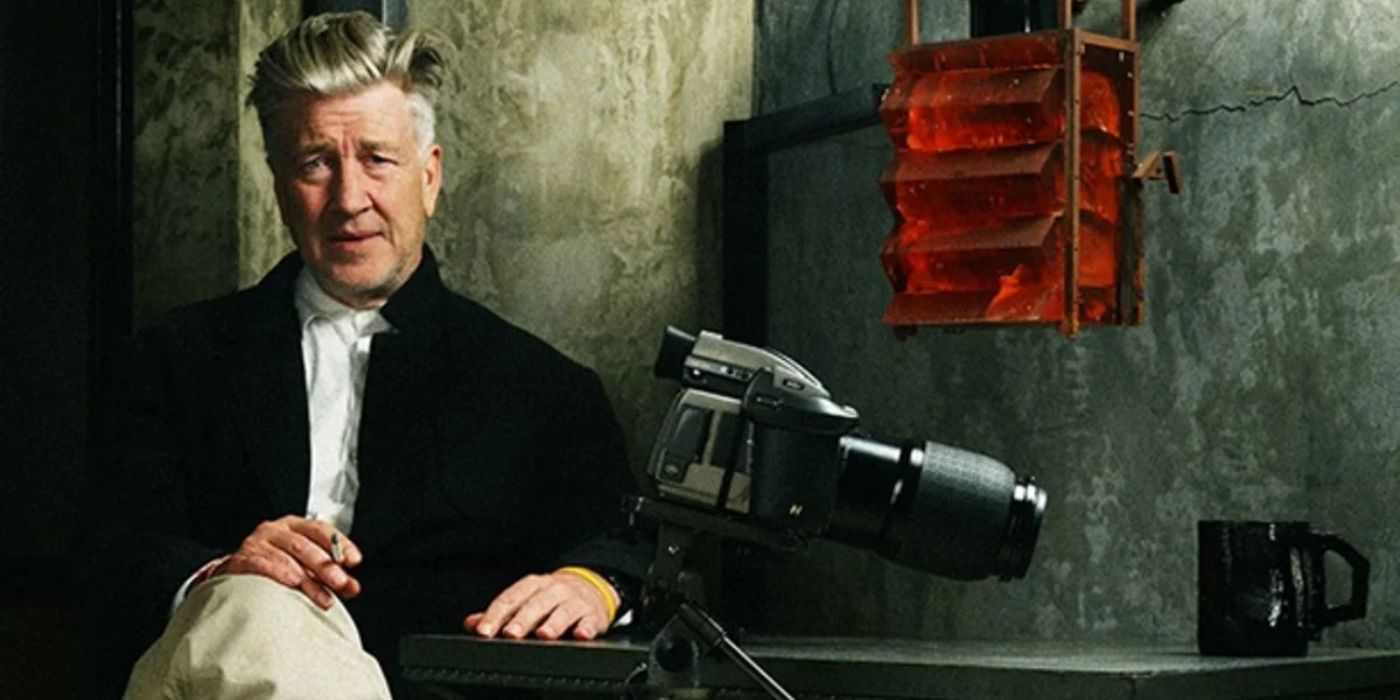
Related
Four Great David Lynch Movies Are Streaming for Free Following His Death
Two masterpieces from David Lynch and two indispensable documentaries about the director are streaming for free after his passing.
As if his skills in painting and music weren’t enough, Lynch also ventured into architecture and design when he opened an underground nightclub in Paris in 2011, called “Silencio” (named after a similar club in his 2001 film Mulholland Drive). The club, which is still open today, hosts concerts and performances for aspiring artists from a diverse array of disciplines. Lynch told The Guardian that his goal in opening Silencio was “to create an intimate space where all the arts could come together.”
Lynch Enjoyed Being Both In Front of and Behind the Camera
However, even after Inland Empire and Twin Peaks: The Return, Lynch never got tired of directing. For instance, his work in the music industry allowed him to return to the directors’ chair for music videos, including one for the Nine Inch Nails’ “Come Back Haunted” and Interpol’s “Lights,” as well as an experimental 2011 concert film featuring Duran Duran. French fashion company Dior even sought out Lynch’s directing skills for a promotional short film in 2010, Lady Blue Shanghai, starring Marion Cotillard. Finally, he directed a 2020 short film released on Netflix called What Did Jack Do?, in which Lynch himself stars as a detective who, in true Lynchian fashion, interrogates a monkey.
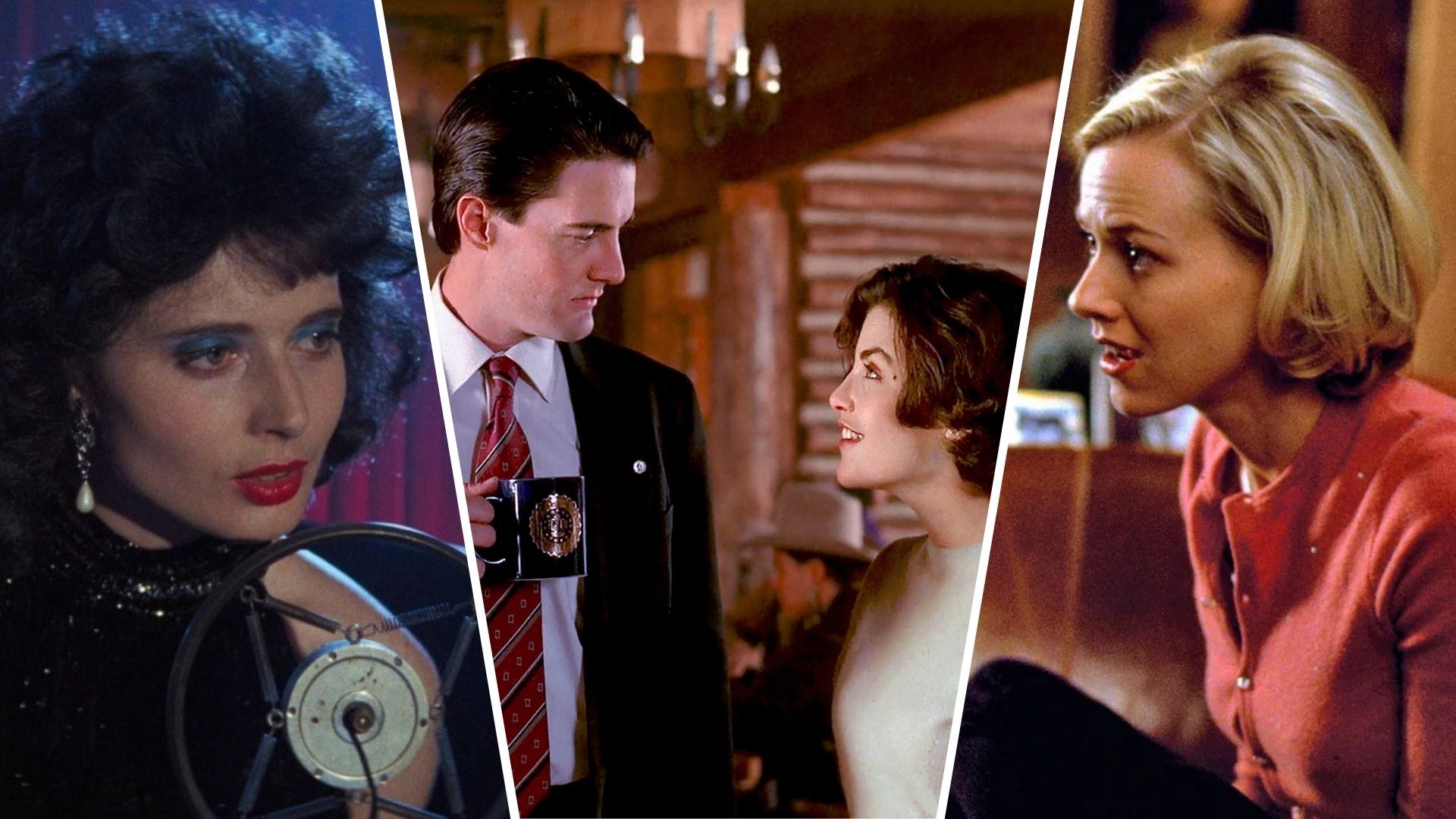
Related
David Lynch’s Impact on Filmmaking and Culture Can Be Summed Up In One Word
David Lynch has an indisputable impact on cinema, but what does it really mean for something to be “Lynchian”?
In fact, Lynch’s post-Inland Empire career saw him get a surprising number of acting roles. These roles included himself in the FX show Louie (2012), the eponymous character’s best friend in Lucky (2017), Gus the bartender in The Cleveland Show (2010-2013), and fellow directing legend John Ford in The Fabelmans (2022) — not to mention his reprised role as the hearing-impaired FBI agent Gordon Cole in the 2017 revival of Twin Peaks. He even showed up to star in a Make a Wish film for a dying boy. Furthermore, in 2020, during the COVID-19 pandemic, Lynch established his own YouTube channel, where he posted short films, trailers, Q&A videos, and, most famously, his daily weather reports, the last of which he gave in December 2022.
Unrealized Projects and Legacy
As frustrated as many of Lynch’s fans were by his lack of film and TV output post-Inland Empire other than the revival of Twin Peaks, Lynch himself was probably even more frustrated, as he had no shortage of ideas. Only a few months before his death, in an interview with Sight & Sound, Lynch discussed several recent projects that had never come to fruition, including Snootworld, an animated fantasy film; Antelope Don’t Run No More, a live-action feature film for which Lynch had already completed the screenplay; and Unrecorded Night, a Netflix series that had been the subject of extensive rumors for several years under the working title of Wisteria.
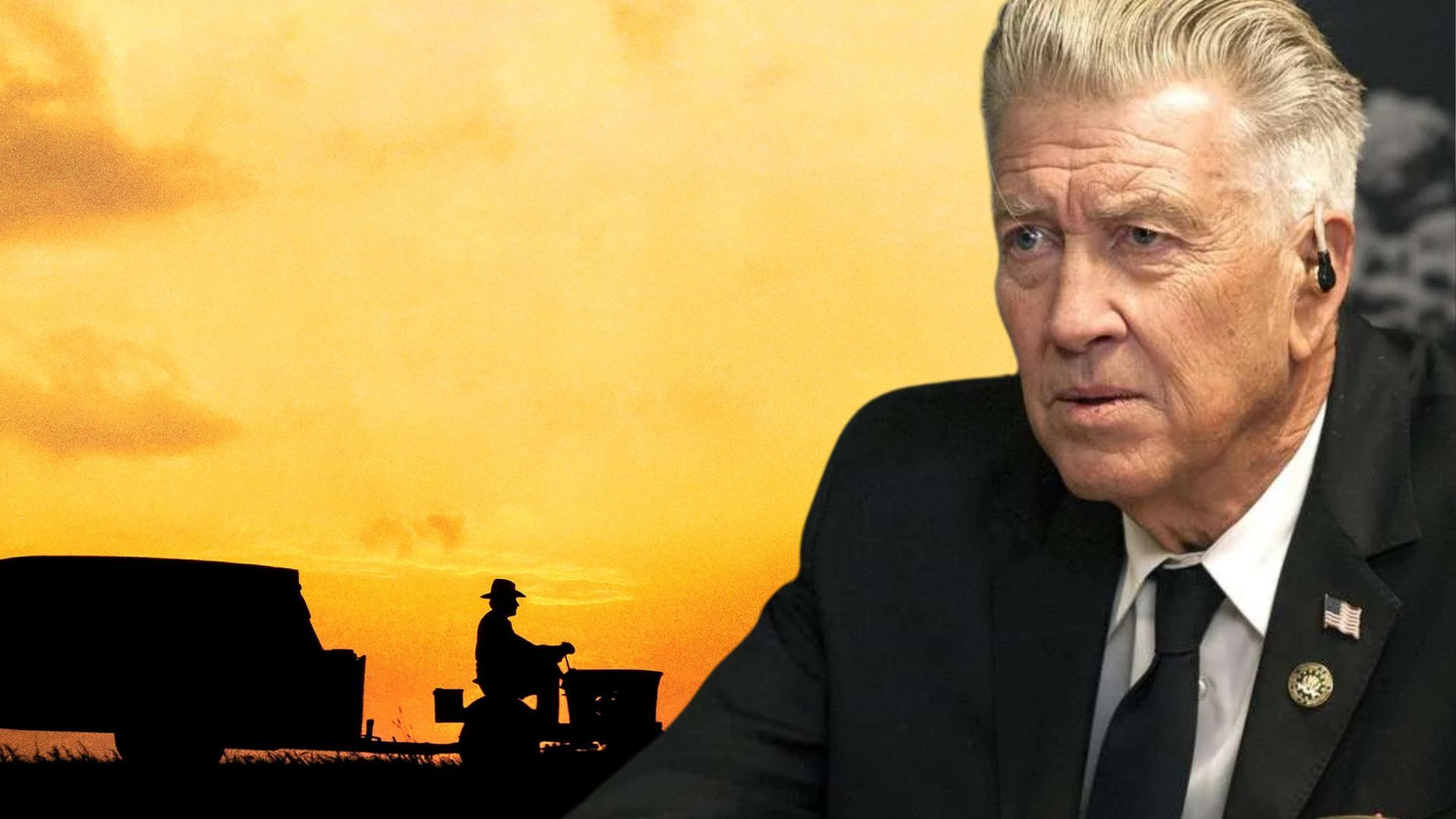
Related
Roger Ebert Hated David Lynch Movies Until His G-Rated Disney Movie
Roger Ebert dismissed David Lynch’s surreal style and unresolved plots, seeing him as intentionally obscure. Yet The Straight Story won Ebert over.
According to Lynch, both Snootworld and Antelope Don’t Run No More had been rejected by Netflix, although he still hoped to obtain financial backing for them elsewhere. Unrecorded Nights/Wisteria, meanwhile, had allegedly fallen through due to the pandemic (although Netflix CEO Ted Sarandos revealed after Lynch’s death that Netflix was always willing to fund the series). Unfortunately, Lynch’s passing means that we are unlikely to see any further developments on any of these projects for the foreseeable future.
But these unrealized projects in no way diminish Lynch’s legacy. Even with just 10 feature films and one of his TV series, Lynch arguably did more to push the boundaries of mainstream narrative and formal techniques on both the big- and small-screens than any other filmmaker of his time. Furthermore, he demonstrated an unquenchable passion for the arts not just through his films, but also through his painting, music, and other projects. The fact that Lynch remained committed to his craft until the very end speaks volumes of his character, which deserves to be remembered just as much as his artistic brilliance.
For anyone looking for Lynch’s non-feature-film, non-Twin-Peaks-related works, many of his short films and music can be found on his YouTube channel, while What Did Jack Do? is still on Netflix. Even his short-lived, weird sitcom is free online. You can find where to stream all of his films here.

